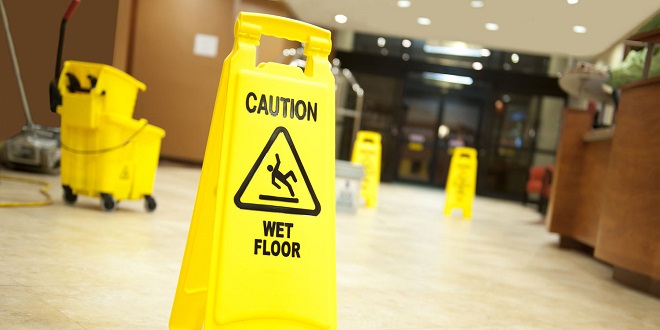A Closer Look at the Environmental Impacts of Low Smoke Zero Halogen Material

Low smoke zero halogen (LSZH) materials have become increasingly popular in recent years due to their ability to reduce the amount of smoke and toxic gases released in the event of a fire. However, concerns have been raised about the potential environmental impacts of LSOH materials.
What is Low Smoke Zero Halogen Material?
LSOH material is a type of polymer material that does not contain halogens. Halogens are chemical elements commonly used in flame-retardant materials, but they can be toxic and corrosive when released into the environment. LSOH materials are designed to reduce the amount of smoke and poisonous gases released in the event of a fire, making them ideal for applications where safety is a top priority.
Benefits of Low Smoke Zero Halogen Material:
- Improved Safety: LSOH materials can help to improve safety in buildings and other enclosed spaces by reducing the risk of fire and the amount of smoke and toxic gases released in the event of a fire.
- Reduced Smoke Emission: LSOH materials have a lower smoke density than traditional materials, producing less smoke when exposed to fire. This can improve visibility and make it easier for people to evacuate a building during a fire.
How Does Low Smoke Zero Halogen Material Work?
LSOH materials are made from halogen-free compounds, meaning they do not release halogen gases when fire exposes them. Halogen gases can be toxic and corrosive, and their release can severely threaten human health and the environment. Using LSOH materials, companies can reduce the amount of harmful gases released in the event of a fire, which can help protect people and the environment.
What are the Environmental Impacts of Low Smoke Zero Halogen Material?
LSOH materials have several environmental benefits, including:
- Reduced Toxicity: LSZH materials do not contain halogens, which are toxic and corrosive when released into the environment. By reducing the number of halogens in the background, LSZH materials can help to protect the environment and reduce the risk of harm to humans and wildlife.
- Reduced Carbon Footprint: Sunua‘s LSZH materials are manufactured using environmentally friendly processes that minimize waste and reduce energy consumption. This helps to reduce the carbon footprint of LSZH materials and makes them a sustainable choice for companies that prioritize environmental responsibility.




